President William Ruto's administration has secured a new loan facility of Ksh150 billion.
The credit facility was disbursed by the International Monetary Fund (IMF) following a review of the country's economy by its experts.
"The Executive Board of the International Monetary Fund (IMF) concluded today the 2023 Article IV consultation1 with Kenya together with the sixth reviews and augmentations of access (SDR707.27 million, about US$941.2 million) under the extended arrangements under the Extended Fund Facility (EFF) and the Extended Credit Facility (ECF), approved in April 2021 and extended by 10 months in July 2023 to April 2025, and the first review under the 20-month Resilience and Sustainability Facility (RSF) arrangement, approved in July 2023," IMF stated.
In a statement, the IMF announced an immediate disbursement of Ksh99 billion to help the Kenya Kwanza administration in its economic recovery plans, with the rest to be released later.
"The Board’s decision allows for the immediate disbursement of SDR469.25 million (about US$624.5 million) under the EFF/ECF arrangements," the statement added.
Read More
The disbursement under the Extended Fund Facility (EFF) and Extended Credit Facility (ECF) programs will also be topped by a release of Ksh9.6 billion under the Resilience and Sustainability Facility (RSF) arrangement.
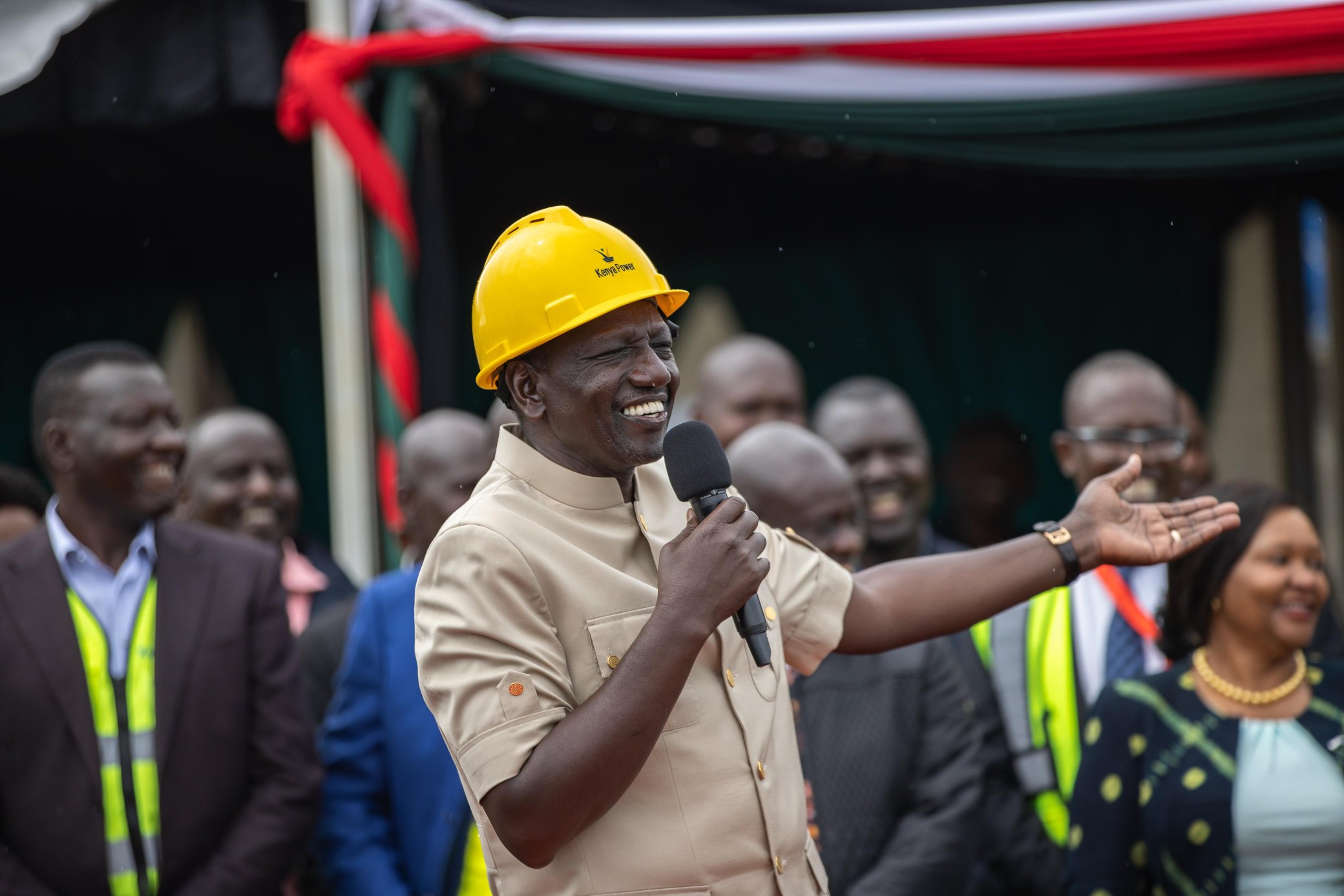
While releasing the credit, the IMF projected that inflation is expected to inch up in the first half of 2024, driven primarily by global oil price volatility and exchange rate passthrough.
However, the lender advised President Ruto's administration to implement short-term measures to maintain the confidence built around economic recovery.
Further IMF directed the Kenya Kwanza administration to continue with purge against graft for efficient government delivery.
"Kenya’s medium-term prospects are positive and could be buttressed by improving competitiveness, inclusivity, and enhancing governance and anti-corruption framework to support a vibrant and market-driven economy," IMF stated.
Moreover, the IMF commended Ruto for striving to bring down the country's debt by adopting various austerity measures.
"The authorities’ commitment to fiscal consolidation while protecting essential social and developmental spending should support efforts to bring down the debt burden toward the new debt anchor of 55 percent of GDP in present value terms by 2029," IMF noted.
"Implementation of the Medium-Term Revenue Strategy would be key to reverse the erosion in the tax base while promoting equity and fairness in the tax regime and create more space for spending to improve public services. Risks to planned fiscal consolidation should be monitored and contingency plans promptly activated as needed. Effective communication of fiscal policy objectives would support efforts at easing financing pressures," the lender added.
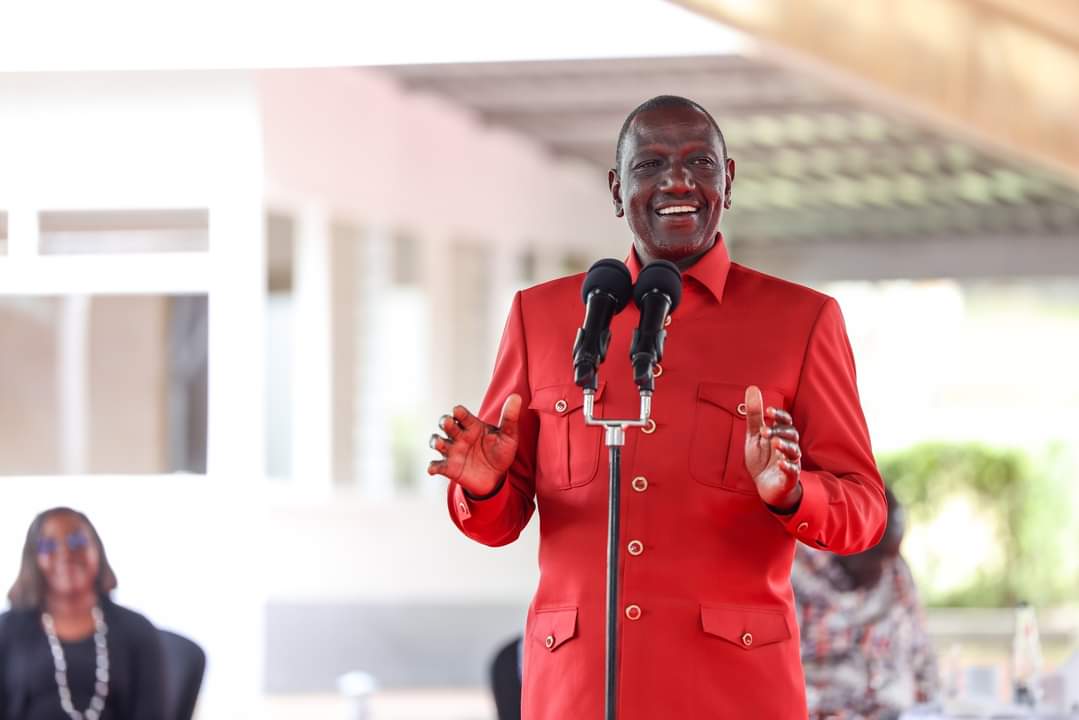
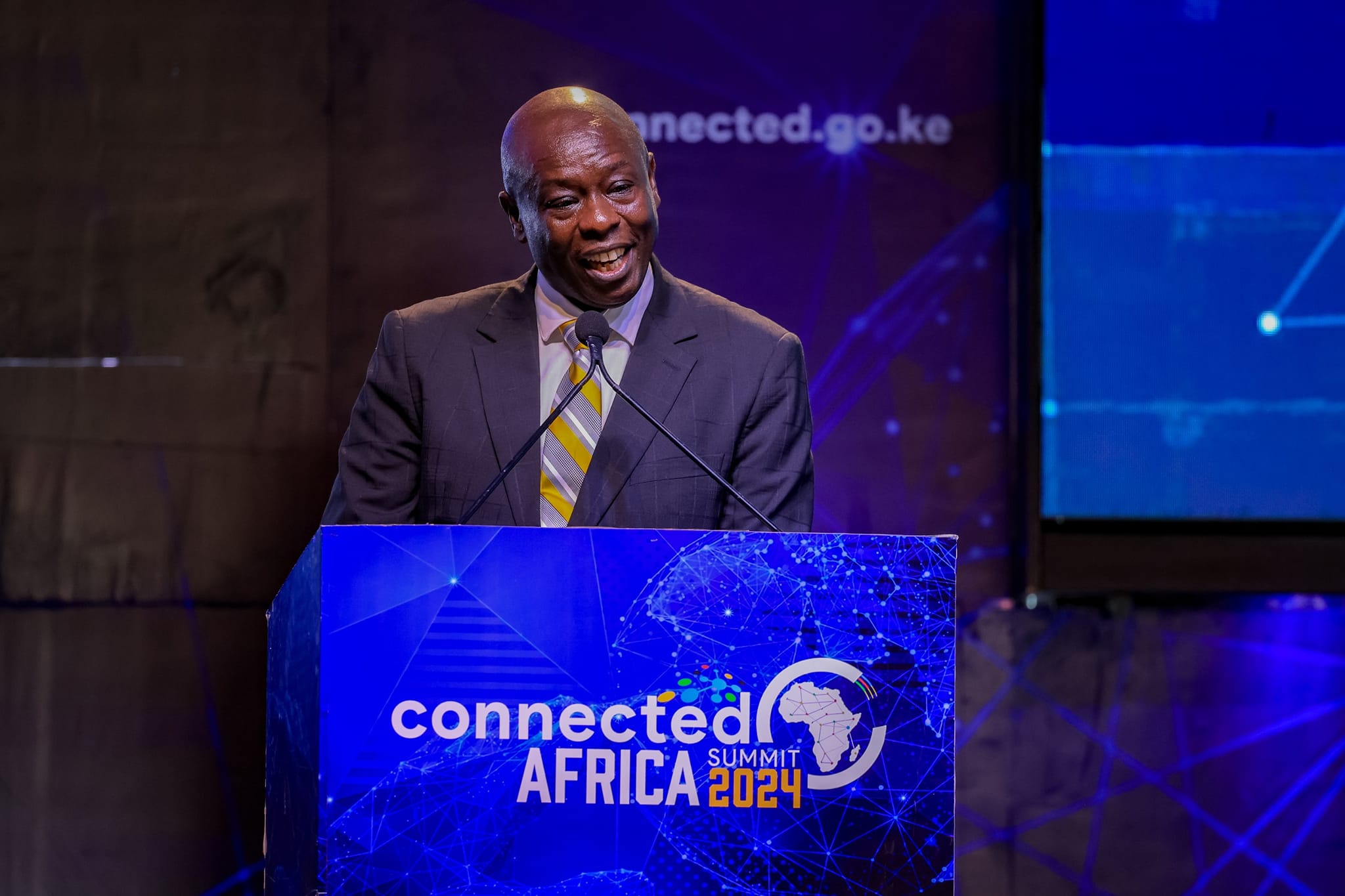
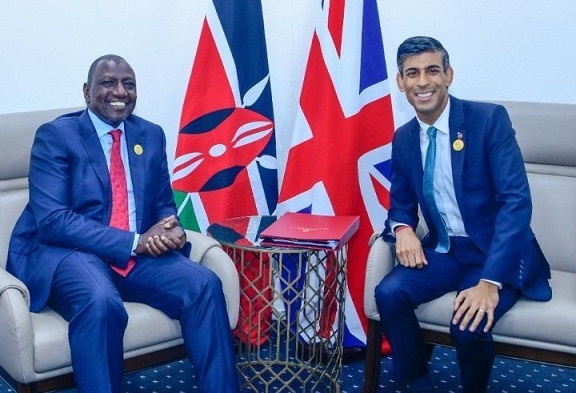
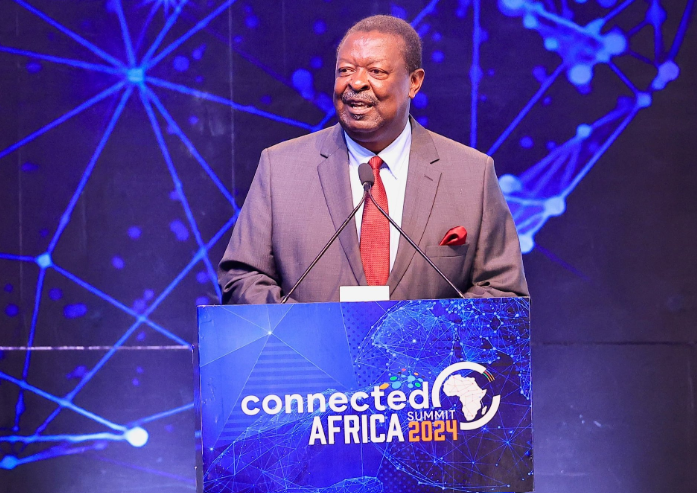

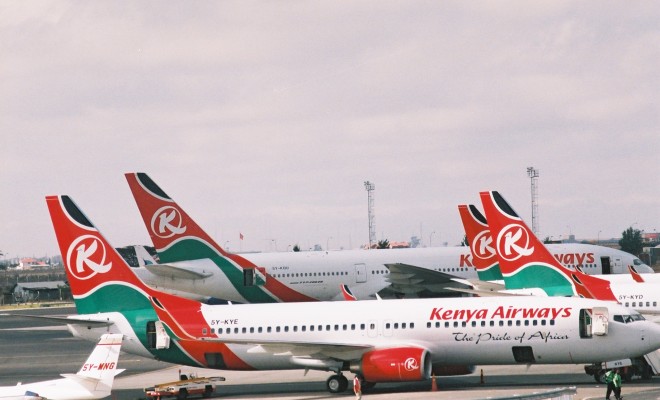
-1710390248.jpg)

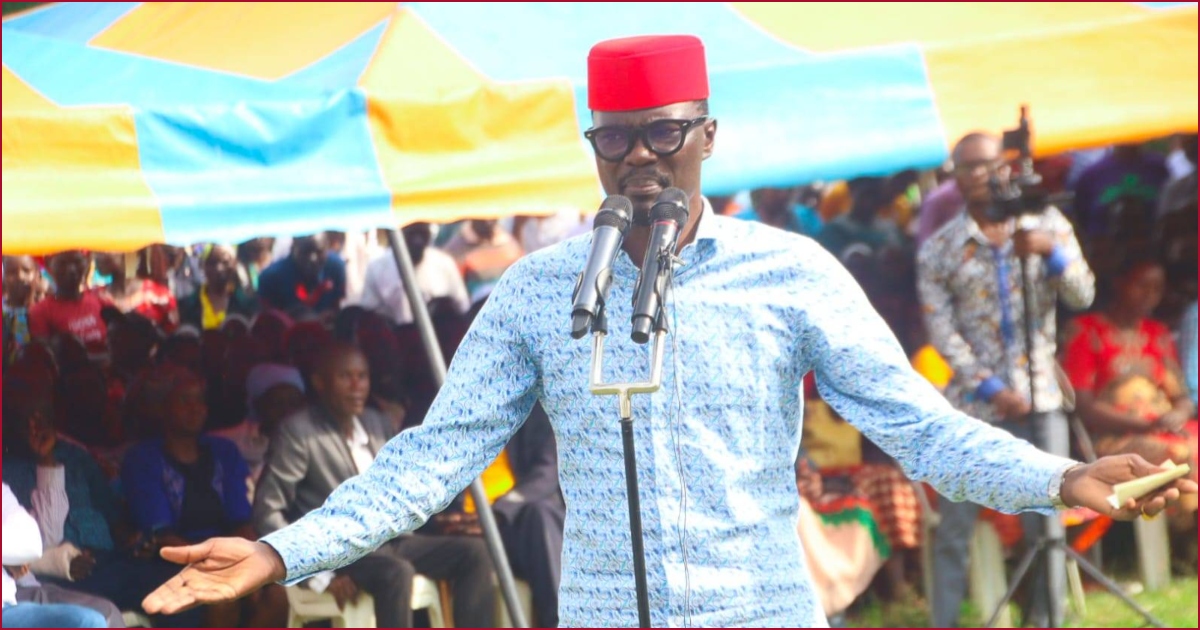
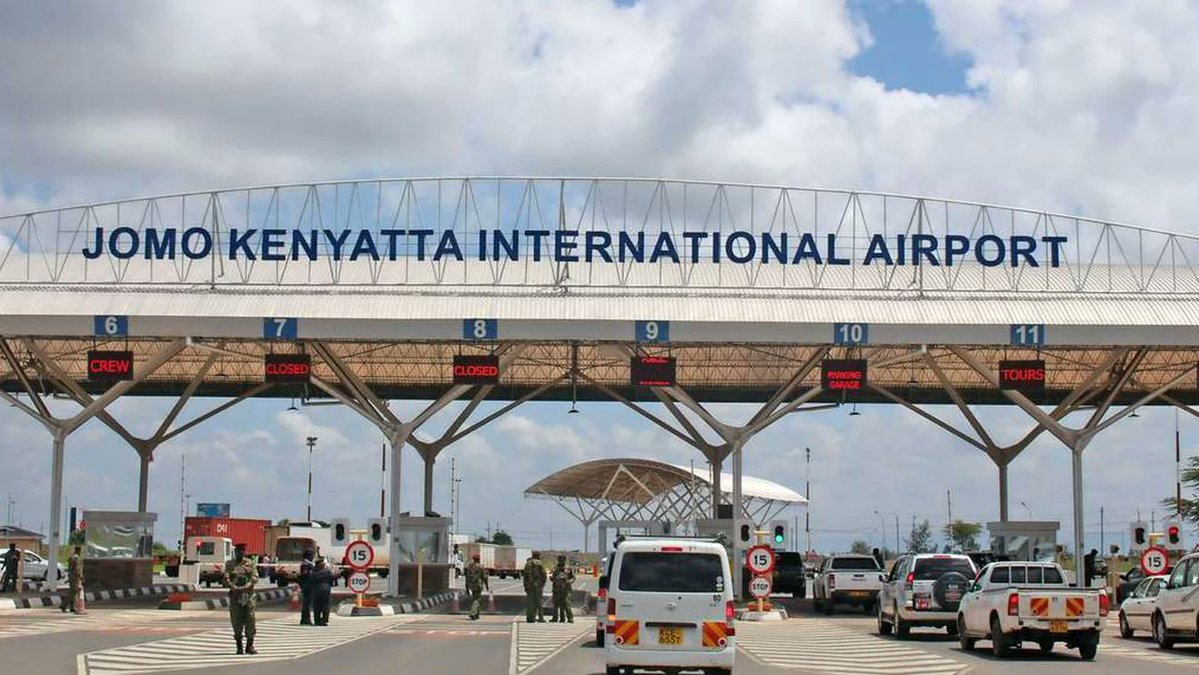
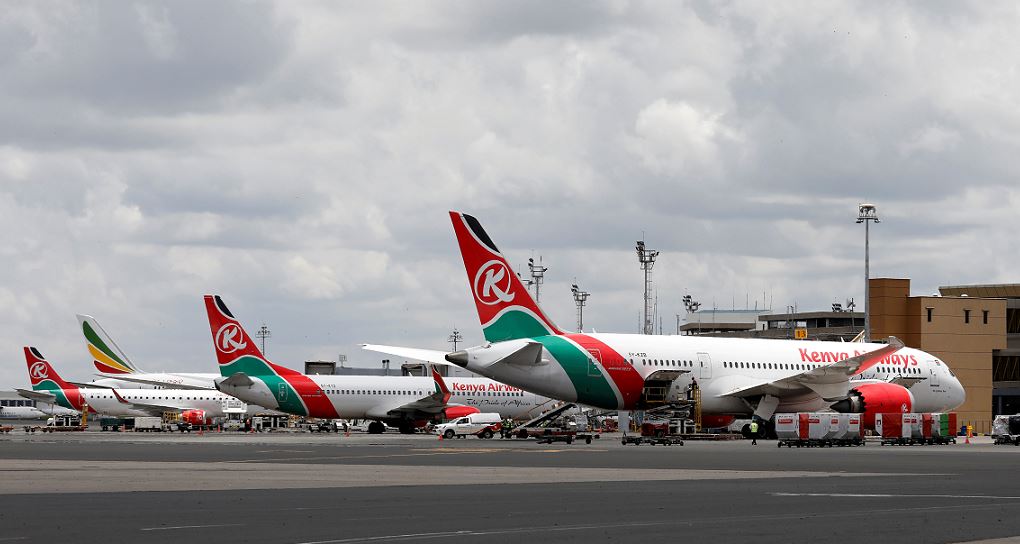
-1670665275.jpg)